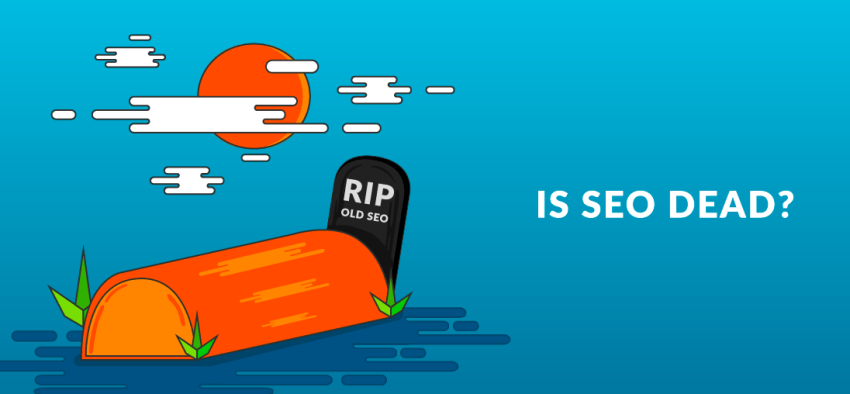What Is The Difference Between SEO For Bing And Google?
If you aren’t optimizing your site for Bing, you’re missing the biggest search marketing opportunity. Today together Bing and Yahoo have over 33% share in desktop search in the US and it is even higher in certain industries. Bing is growing at an unexpected pace and also it is easier to grow on Bing
Here we’ll discuss 5 key differences between Google and Bing. After going through this blog, you’ll be able to prepare a detailed search marketing plan for Google and Bing.
1 Keywords
In Google keywords, it is relevance that matters more than exact search. The largest search engine mixes machine learning with artificial intelligence to understand search intent. It also uses contextual cues from different websites to understand search intent. It is called semantic search where comprehensive topical pages and articles weigh more than exact match keywords.
Bing is straightforward in its approach towards keywords. It wants the marketers to use targeted keywords wherever possible including meta descriptions, H1 and H2 tags. It prefers local results and other options are provided in side bar.
2 Meta Description
This chapter is closed on Google search and if you’re looking for articles and tips, you’re simply wasting your time as Google has closed this chapter in 2009. But it doesn’t mean that you should avoid writing the meta description for Google or abuse meta keywords. You should be careful while writing meta with keywords.
Bing considers meta descriptions and keywords used in meta tags.Your website meta can make a big difference on the search ranking and website traffic on Bing. But you shouldn’t be overenthusiastic in stuffing keywords in meta tags.
3 Backlinks
Google and Bing stand on the same platform regarding backlinks. Both the search engines accept a value of backlinks in determining a value of web pages. They see every link as a vote for websites. A link is a signal to reliable information.
Google is quite flexible while accepting backlinks. It considers PageRank of domains of backlinks when determining value of links. Backlinks from domains with high PageRank are provided more value than links from other sites.
Bing considers domain age and extensions including .gov, .edu and .org for determine link value. If you are building links for Bing, you should try getting links from established domain ending with the above mentioned extension. In other words, freedom to build links is restricted by imposing conditions.
4 Social Signals
Google has time and again denied considering social signals in its ranking process. The largest search engine is no mood to value social media performance of websites as their popularity. But Bing has a different view on social signals.
If you are optimizing for Bing, you need taking care of your social media optimization as Bing gives importance to social signals such as likes, shares and tweets. Bing is watching your social media footprints and also taking note of your actions and reactions while assigning PageRank to your site.
5 Multimedia Content
Google relies more on text-based content that limits its ability to read multimedia content like images, videos and audio. But it can’t read Flash content. Bing, on the other hand, is good at reading all types of content material. It can even read Flash websites. It can be said that Bing put more emphasis on multimedia content.
Conclusion
Google and Bing are different in many ways. In addition to these five factors, there are more minor differences between the working of the two biggest search engines. For instance, Google takes time in crawling websites; Bing crawls sites more frequently. It focusses on key pages and you can even help Bing visit your website and crawl pages.




